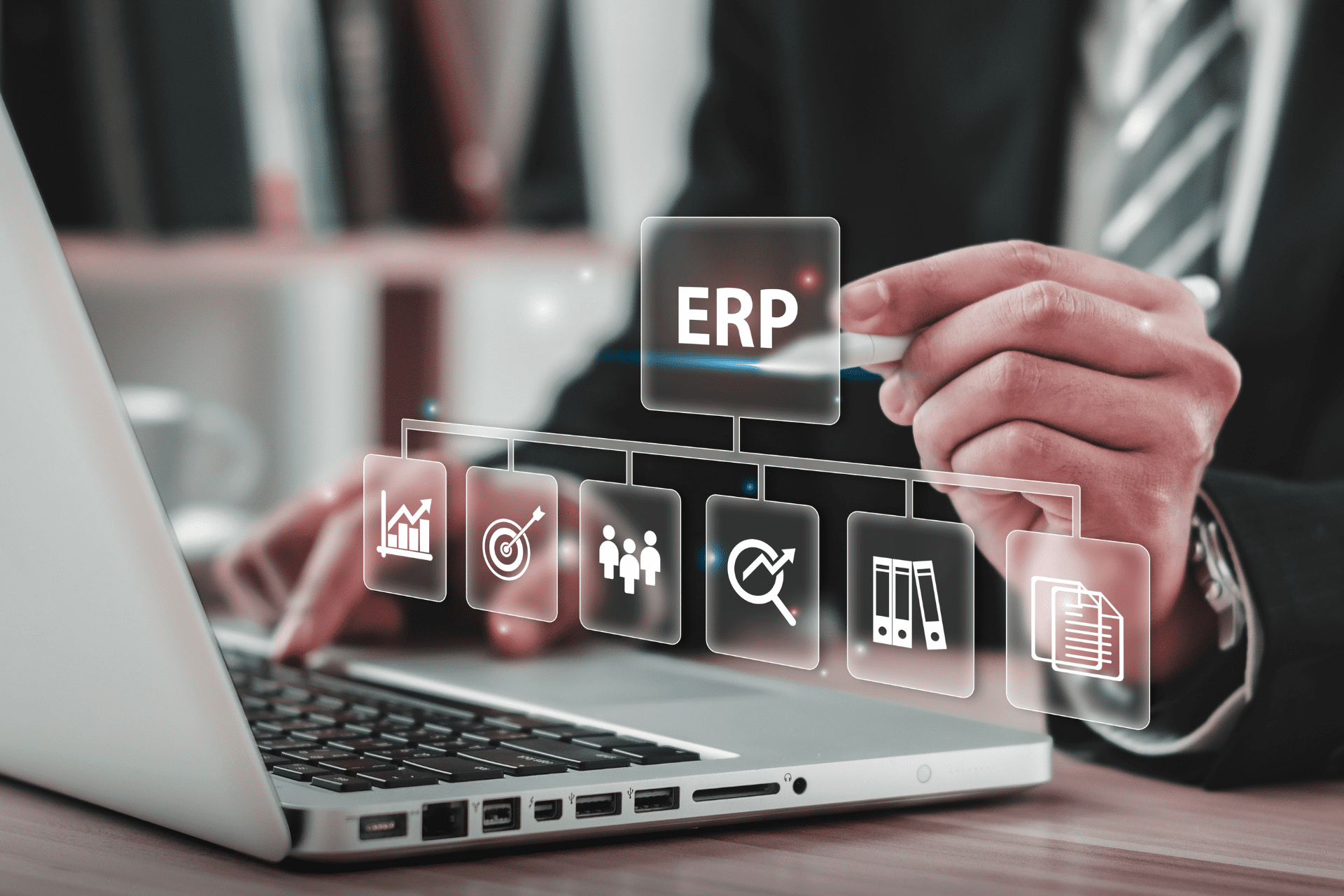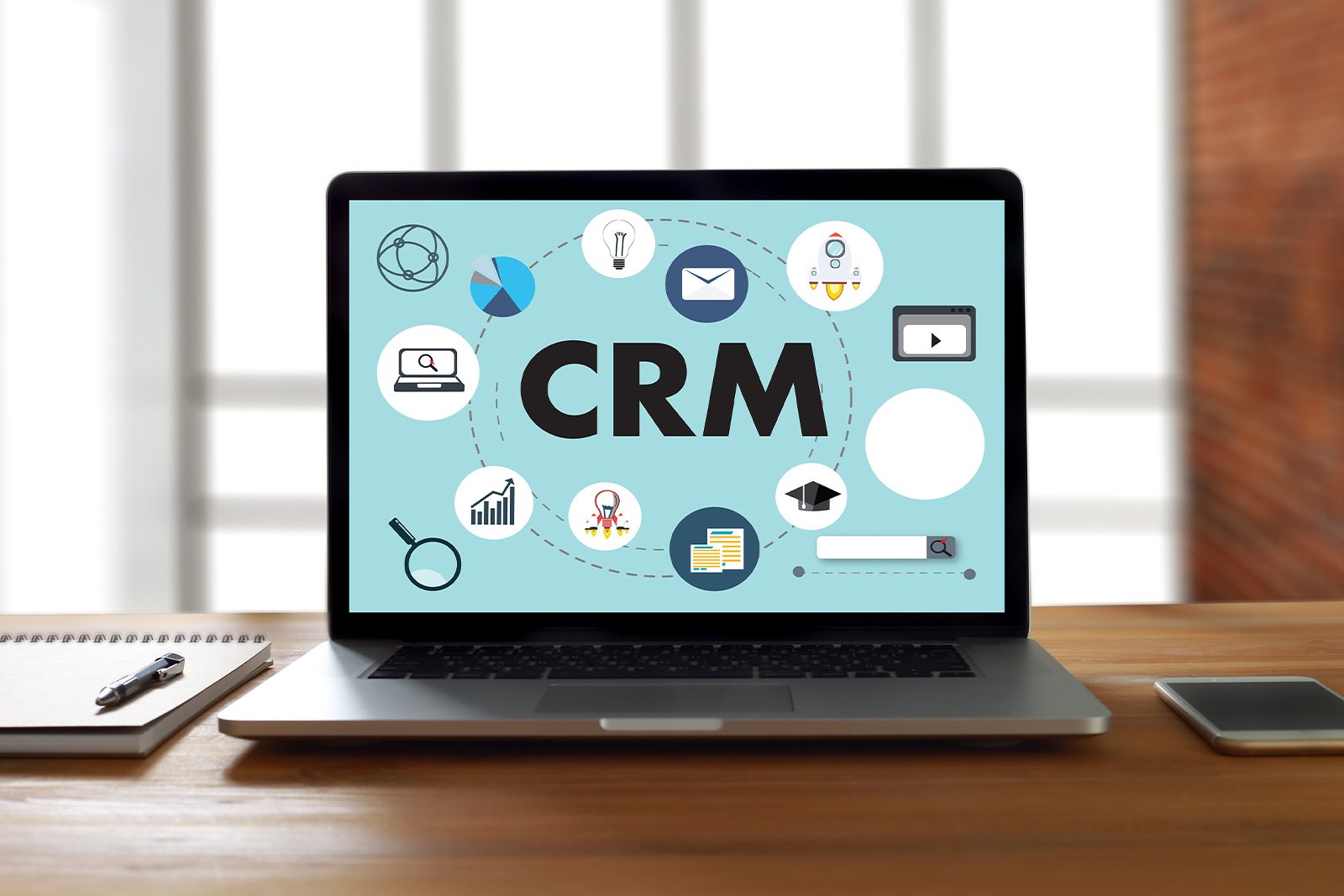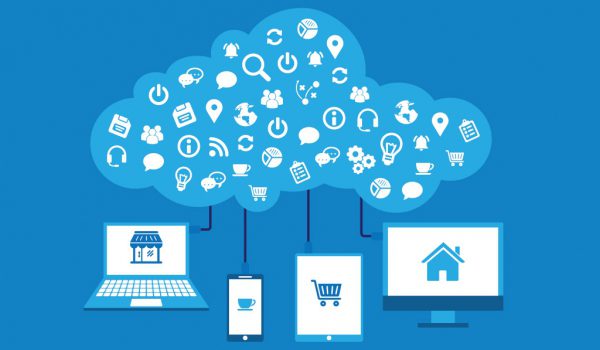Share
Read also

Business Software
ERP Trends for the New Year

Business Software
The New CRM Trends for 2026

Trends & Views
Digital Transformation Trends for 2026

Cloud
Explosive Growth in the Cloud ERP Market
The most important difference between on-premise and cloud-based ERP has to do with deployment and accessibility. In most cases, cloud-based ERP systems are SaaS (Software-as-a-Service), so the service includes both the software and the infrastructure. Let’s take a closer look at the differences between these two types of systems.
Time and money
On-premise ERP requires a substantial initial investment in hardware and software, and if your business does not have its own IT team, you’ll also need to employ the right people to manage your system before deployment. This is a time-consuming process that entails significant expenses.
On the other hand, cloud-based ERP solutions are already installed and deployed in the cloud, and the only requirement for your business would be to purchase a subscription. Assuming that you won’t require any changes, the cost is generally smaller than that of an on-premise solution (in the long run). Cloud ERP can be considered an operating expense that you only have to pay as long as you use the service, while in comparison to on-premise systems, cloud-based solutions require less deployment time.
Data safety and ownership
In the case of on-premise systems, the organization is responsible for the safety and control of its data. In some cases, though, lack of the required security protocols and proper monitoring leads to security gaps and thus greater risk of unauthorized access.
With cloud-based ERP systems, data is hosted in the cloud and the software provider is responsible for all hosting and maintenance activities. For data protection purposes, each business can choose different encryption methods to enhance security. The provider is responsible for automatically updating the system and ensuring that you’re working on a secure environment.
Integration and scalability
Proper integration plays a crucial role in ERP selection. With an on-premise system, you should pay attention to and spend time on integrating new releases to the existing legacy system. Sometimes, things can go wrong. But with cloud-based ERP, it is the provider that monitors the integration process, ensuring a seamless experience both for their customer and end users.
Scalability pertains to the system’s flexibility and its adaptability based on your business growth and the number of users. Cloud-based ERP solutions provide even greater flexibility, based on the increase or decrease of features and users. This means better long-term financial control for your business.







